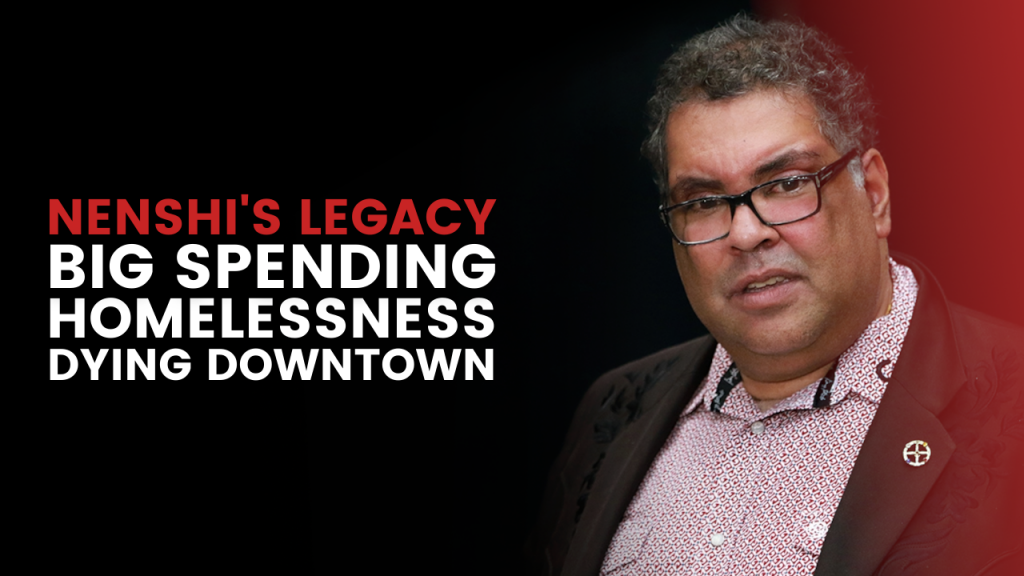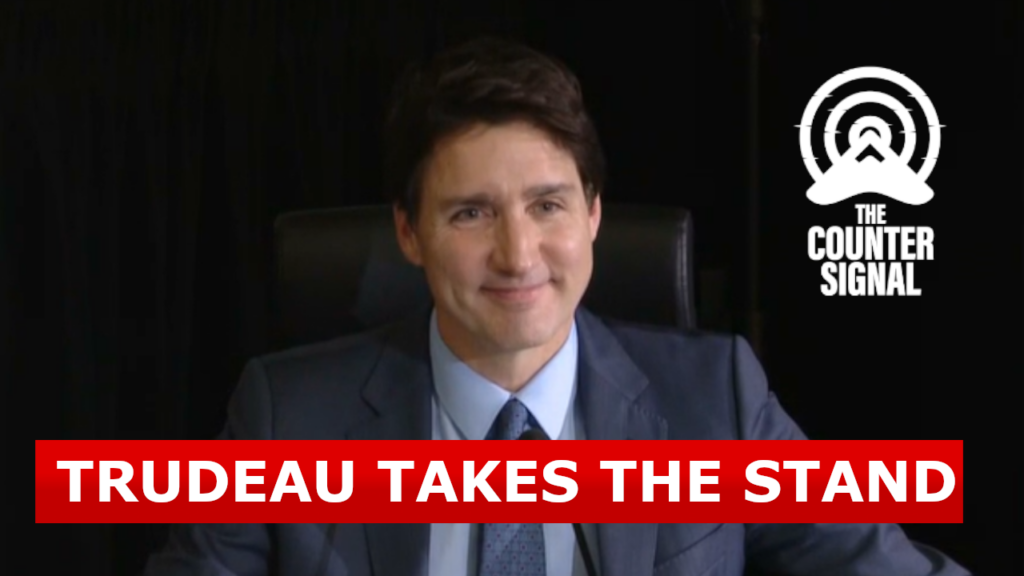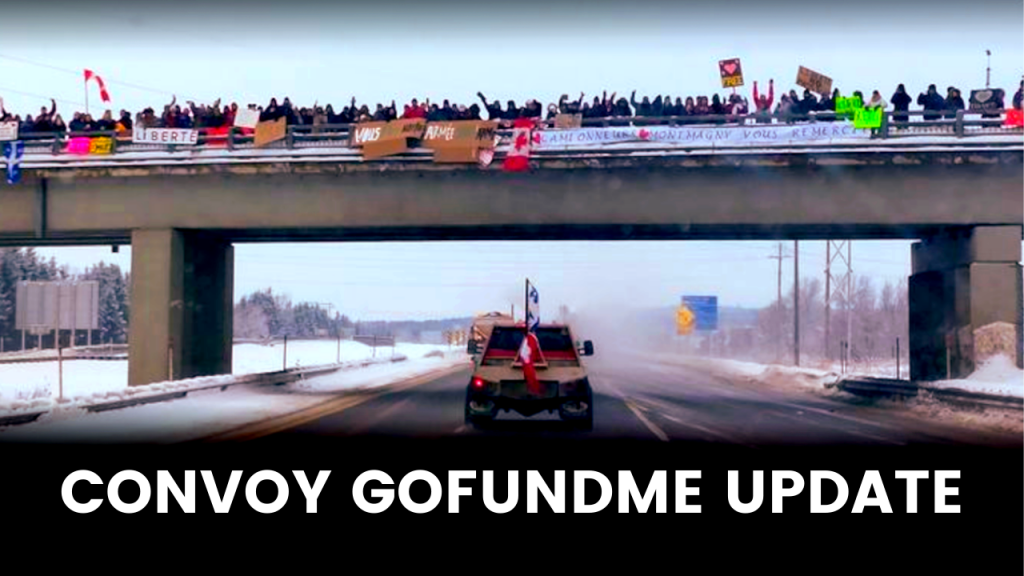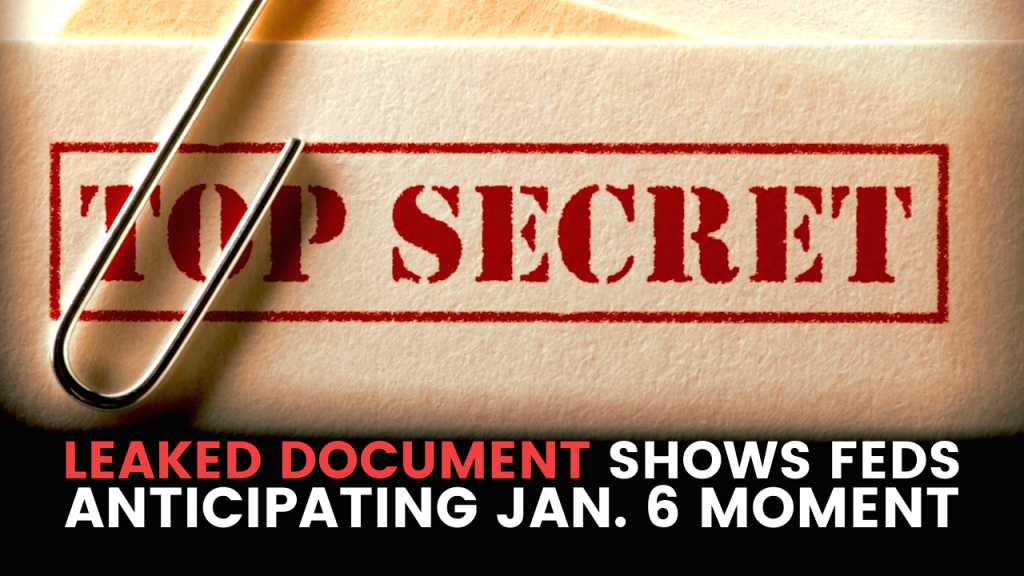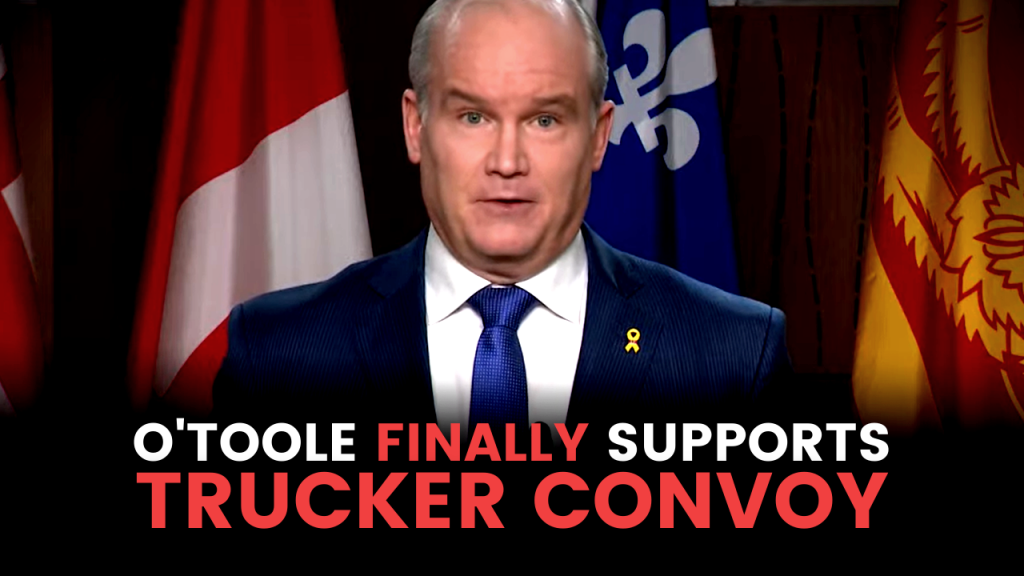
Following the results of the Calgary mayoral election, mayor Naheed Nenshi will finally step down, relinquishing his firm stranglehold over Alberta’s most populous city.
A three-term mayor, Nenshi has occupied the role for more than a decade and used his time to implement Liberal policies in the Conservative city. Much like what we see in American cities such as Los Angeles or San Francisco, that means dolling out tax dollars for lavish public spending programs, exasperating housing issues and subsequently worsening living conditions, as well as hollowing out the core of the city — all for the greater good, of course.
As the Globe and Mail noted on October 16, 2021, the vacancy rate of downtown Calgary currently sits at 30 per cent, with 13.5 million square feet of office space lying unoccupied (roughly enough for 90,000 workers).
This rampant listlessness largely stems from a downturn in the state of the overall economy — specifically regulations hampering the energy sector — but has been all the more worsened by nearly two years of lockdowns and a decade of general anti-business, governmental approaches.
Nenshi finally acknowledged the economic problems resulting from the energy sector’s stifling in 2018 but did little to nothing to remedy the situation. Instead, he chose to sit back and prayed the federal government would finally finish the Trans Mountain pipeline and all his problems would evaporate.
They did not. Work on the pipeline resumed, but Calgary’s problems only grew.
Of all the sectors affected, the change in the housing market is, perhaps, the most dramatic. This is predominantly seen in the homeless population, further highlighting the absence of workers in the downtown core.
According to a study by the University of Calgary, in 2019, over 4,200 Calgarians slept in a homeless shelter for the first time.
This figure appears to be terrible, but the number is actually down from a high point in 2014, only four years after Nenshi took office.
“Knowing that there are approximately 1,200 people per night staying in a homeless shelter in Calgary is only understanding a small part of the problem,” said Ron Kneebone, scientific director of social policy and health research at the School of Public Policy.
“What we show in this report is, in fact, the people who are staying in one night are not going to be the same people who are staying there the next night — there’s a lot of turnover.”
With all these factors in mind, this study focuses on newly or only temporarily homeless (roughly 14 to 25 per cent).
This month's Social Policy Trends looks at the number of "first admissions" to emergency homeless shelters. A first admission is someone who enters a shelter for the first time in their life.
@policy_school @CAEHomelessness @calgaryhomeless https://t.co/zabLl9OoRq pic.twitter.com/d16NDnTxdz
— Ron Kneebone
(@RonKneebone) March 10, 2021
That so many are newly homeless is terrible, but perhaps worse is the persistent homeless figure.
On any given night, there are over 3,000 homeless people in Calgary, and the figures for 2021 will likely be direr as Calgary’s economy continues to be throttled by pandemic measures.
As for Nenshi’s part in all of this, his solution is not to lift restrictions or remove barriers to starting a business (i.e., creating new jobs), but to tax residents even more to fund substandard affordable housing that no one will want to maintain.
As per his plan, Nenshi wanted to spend $500 million to create 4,800 non-profit units over the following years — a project which will likely move forward should his Liberal colleague Jyoti Gondek replace him.
Unfortunately, as with all Liberal plans, Nenshi believes the solution to all problems is to throw money at it and hope it goes away while lining the pockets of public officials who are rewarded for their lack of creativity.
Perhaps, if Nenshi was not preoccupied with making unhinged rants about how much he hates Uber or playing goalie for his chief of staff who floated restrictions to go to Hawaii, he could have consulted with contractors — just an idea.
Regardless, this is far from Nenshi’s most costly directive.
Nenshi is also the biggest cheerleader for the Green Line project, a $5.5 billion LRT expansion that received provincial approval in early June.
It is unclear how expanding a light rail system at the expense of taxpaying Calgarians for the convenience of latte-sipping urbanites will help bolster the economy, but many such as Nenshi have assured the public it will all be okay in the end — despite costs continuously rising and delays pushing back the construction to 2022.
All in all, Nenshi’s reign over Calgary has had no noticeable, positive effect on the city. On the contrary, 11 years of Nenshi has only exacerbated Calgary’s problems, draining residents of their tax dollars, ensuring homelessness persists and effectively hollowing out the downtown core.
